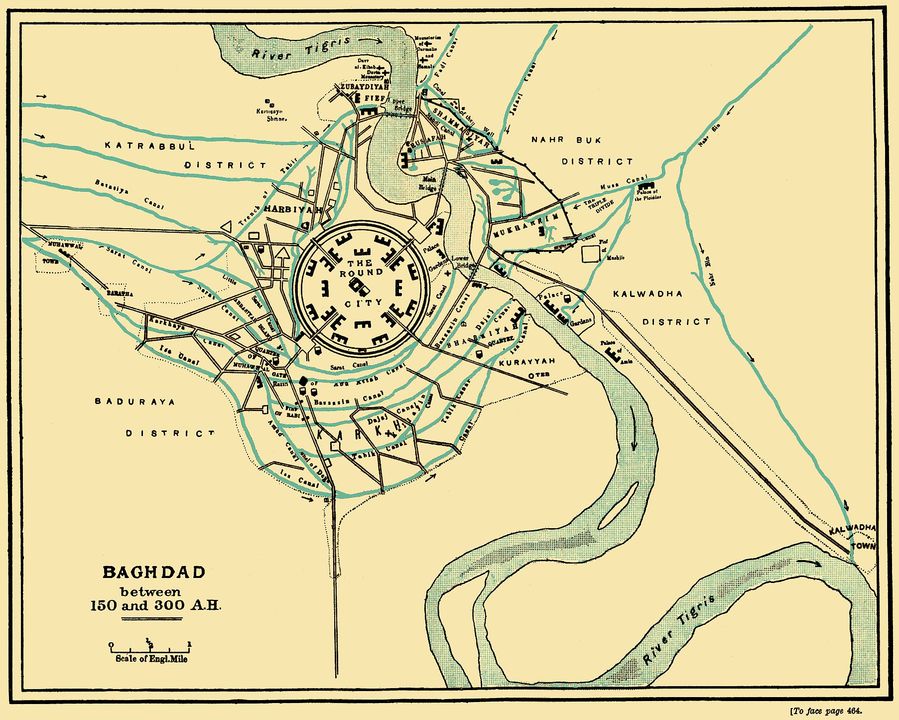Conferences and debates
Index / Activities / Conferences and debates / Benjamin of Tudela and the Baghdad Ideal
Benjamin of Tudela and the Baghdad Ideal
From January 21, 2014 until January 31, 2014
Conference presided over by Robert LanquarJanuary 30, 2014 - CORDOBA
From the ninth to eleventh centuries, Cordoba, the “world-city,” according to the expression by Fernand Braudel, competed with Baghdad in terms of size and magnificence. Baghdad, known as Madinah al-Salam, or “City of Peace,” in reference to heaven, was designed in the year of 758 on the basis of a Sassanid Persian idea, and in the twelfth century. When Cordoba was no longer anything more than a shadow of its glorious past, Baghdad remained a top-class political, economic, military, cultural and artistic center, with a population estimated at one million inhabitants, comparable to Constantinople or Chang’an in Xi’an. This is the Baghdad of the “Thousand and One Nights,” of the mosques and palaces, of tradesmen who brought in products from around the world, where Benjamin of Tudela spent approximately one year.
Benjamin of Tudela left his city of birth of Tudela in Navarre in 1164, where he would only return very ill in 1173. By reading his travel writings, one can see that he became fascinated with Damascus, and even more so by Baghdad, which was governed by the Caliph Mostaidjed. It was a great intellectual center where Jews had their own Hospital and University. He describes a free city, not only for Jews, but also for the Ismaelites, Druze, Kurds, Assyrians and Armenians, as well as the Yazidis and Zoroastrians. In those days, Baghdad represented an ideal place where different minorities could live with dignity and a certain autonomy, and where the dialogue and social relations between different religions and credos were possible. The stories told by Benjamin of Tudela thereby give a new perspective on European-Mediterranean heritage and the society of their time, affirming an identity and common roots which could be a model to follow for peace, dialogue between religions and solidarity.
This conference will be presided over by Robert Lanquar on the upcoming date of Thursday, January 30 at 7:30 p.m. in the auditorium at our headquarters in Cordoba (c/ Samuel de los Santos Gener, 9). Free entry until the event’s capacity is reached.
Robert Lanquar
A doctor of Economics and Tourism Law from the Université Aix-Marseille III, Mr. Lanquar earned his PhD in Recreation Resources Organizational Development at Texas A&M University. Born in Algeria, of Berber and Sephardic origin, he currently lives in Cordoba. He was a civil servant for the World Tourism Organization (UNWTO) and is also an expert and consultant for several international organizations, including the UNWTO, UNDP, UNEP, World Bank and European Commission. A specialist in the Mediterranean, he is the author of fifteen books and more than 300 reports and articles on tourism, transportation and the environment. His works have been translated into English, Chinese, Spanish, Turkish, Arabic and Vietnamese. He has been a professor at several universities in Canada, France, Belgium, Switzerland and Spain. He is now the president of Córdoba Horizontes and a professor at the University of Paris 1, La Sorbonne, IREST, giving a course on Mediterranean Heritage and Tourism. He drafted the first initiatives by the UNWTO on Tourism and the Alliance of Civilizations; as well as the basic report from the International Conference of the UNWTO on Tourism and Religions of Cordoba: A contribution to the dialogue between cultures, civilizations and religions. He is an expert of the Council of Europe for its Cultural and Religious Itineraries and Routes.

